The Ancient World
Humankind hasn't yet gained the ability of time travel despite all the achievements in science and technology. All our information about the past can only be based on ancient texts, folklore, artefacts, historical evidence and architectural monuments. Unfortunately, our knowledge is often incomplete as there are several questions on mystery which usually remain unanswered.
In Cappadocia there are a lot of huge fortresses and even entirely walled towns, created right in the massif of soft rock. One of them is Uchisar that was carved in a 60-meters high rock. This giant refuge could host more than 2500 people, but who was the first to inhabit this area and when it all happened is still unknown. According to certain sources, the cave-dwelling settlements were established in Cappadocia in the 1st century by Christians who fled the persecution. There are even several devotees of a longer history of these cave fortresses, some of them were able to find their connection to the Bronze Age!

One more famous town inside a rock is Petra in Jordan. One can endlessly admire its marvellous architectural creations lost in the labyrinth of cliffs. But considering the fact that only 15% of the territory of this unique monument was examined, imagine how many undisclosed secrets this in-rock oasis conceals.

Moai are giant monolithic human figures located on Easter Island that still bring up the question of why they were created and who were the creatures they represented. Theirs longish heads don't look much like the head of Homo sapiens. The boldest guesses are based on the assumption that aliens descended on the island due to a broken spaceship. In order to kill time while the spaceship was being repaired, they amused themselves by creating these statues... Of course, thinking rationally, one cannot take this version seriously. But on the other hand, any other version is as far from reality as this one, because no scientifically proven evidence is still provided.
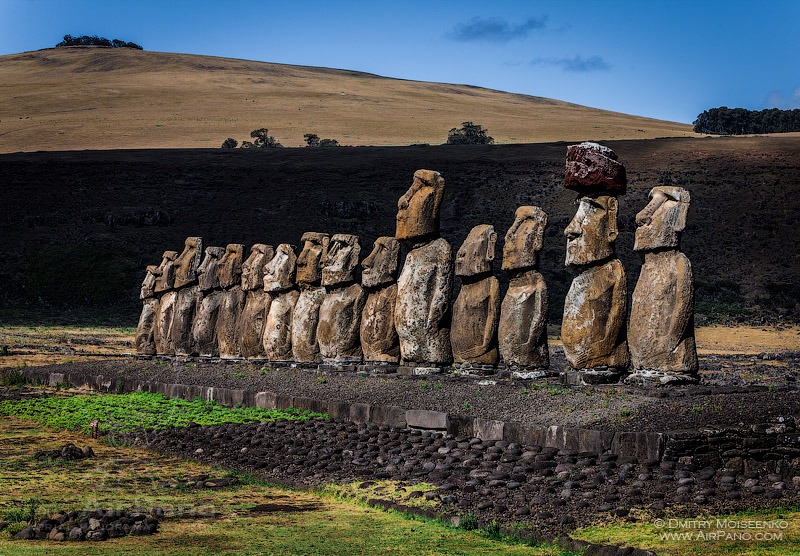
The name of an ancient city Tikal in Guatemala can be interpreted as meaning "the place of the spirits' voices" in the Maya language. It is a place where the representatives of an ancient civilization built the majestic pyramids for the purposes of connecting with spirits, deities, the universe or... We don't know.
The giant temple complex of Angkor-Wat in Cambodia is the world's largest cult construction designed for the burial of royal family members. It looks so immense and wonderful that the idea of its divine origin seems to be quite natural. According to a local legend, the construction of Angkor-Wat was ordered by Precha Ket Mealea, the son of Hindu deity Indra, who is supposed to have visited the celestial palace of his father. But even if these constructions have more prosaic origins, still they have not revealed all their secrets, as well as the burial pyramids in Egypt.

Our knowledge of Parthenon in Athens or the Coliseum in Rome is relatively full, but we can witness only those ruins that have remained till nowadays. We cannot look at and assess the initial meaning of these legendary monuments in the way their contemporaries could.

Still, we should be happy that we can observe these and many other monuments, even in this state. The age of one civilization was replaced by another one, which, in its turn, would mysteriously disappear later... And now we can take a virtual walk around the monuments created by ancient people, get an inch closer to their secrets and think about the fluidity of time.
Read more
Photogallery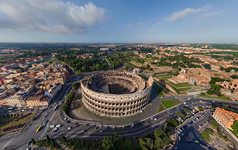 Roman Colosseum, Italy #5
Roman Colosseum, Italy #5
 Ta Prohm temple, Angkor, Cambodia #1
Ta Prohm temple, Angkor, Cambodia #1
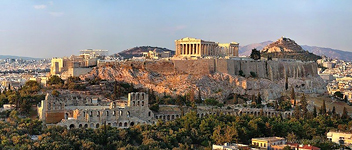 Acropolis, Athens, Greece #2
Acropolis, Athens, Greece #2
 Maya Pyramids, Chichen Itza, Mexico #2
Maya Pyramids, Chichen Itza, Mexico #2
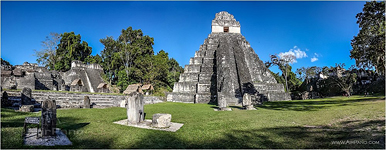 Maya Pyramids, Tikal, Guatemala #1
Maya Pyramids, Tikal, Guatemala #1
 Egyptian pyramids #1
Egyptian pyramids #1
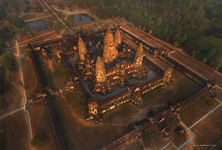 Angkor Wat temple, Cambodia
Angkor Wat temple, Cambodia
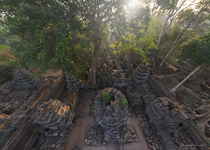 Ta Prohm temple, Angkor, Cambodia #2
Ta Prohm temple, Angkor, Cambodia #2
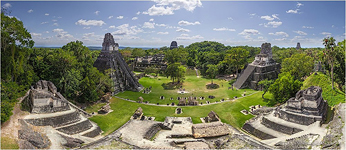 Maya Pyramids, Tikal, Guatemala #4
Maya Pyramids, Tikal, Guatemala #4
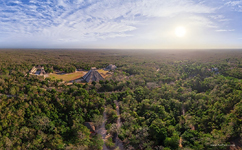 Maya Pyramids, Chichen Itza, Mexico #5
Maya Pyramids, Chichen Itza, Mexico #5
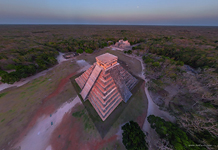 Maya Pyramids, Chichen Itza, Mexico #3
Maya Pyramids, Chichen Itza, Mexico #3
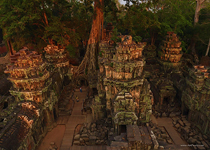 Ta Prohm temple, Angkor, Cambodia #7
Ta Prohm temple, Angkor, Cambodia #7

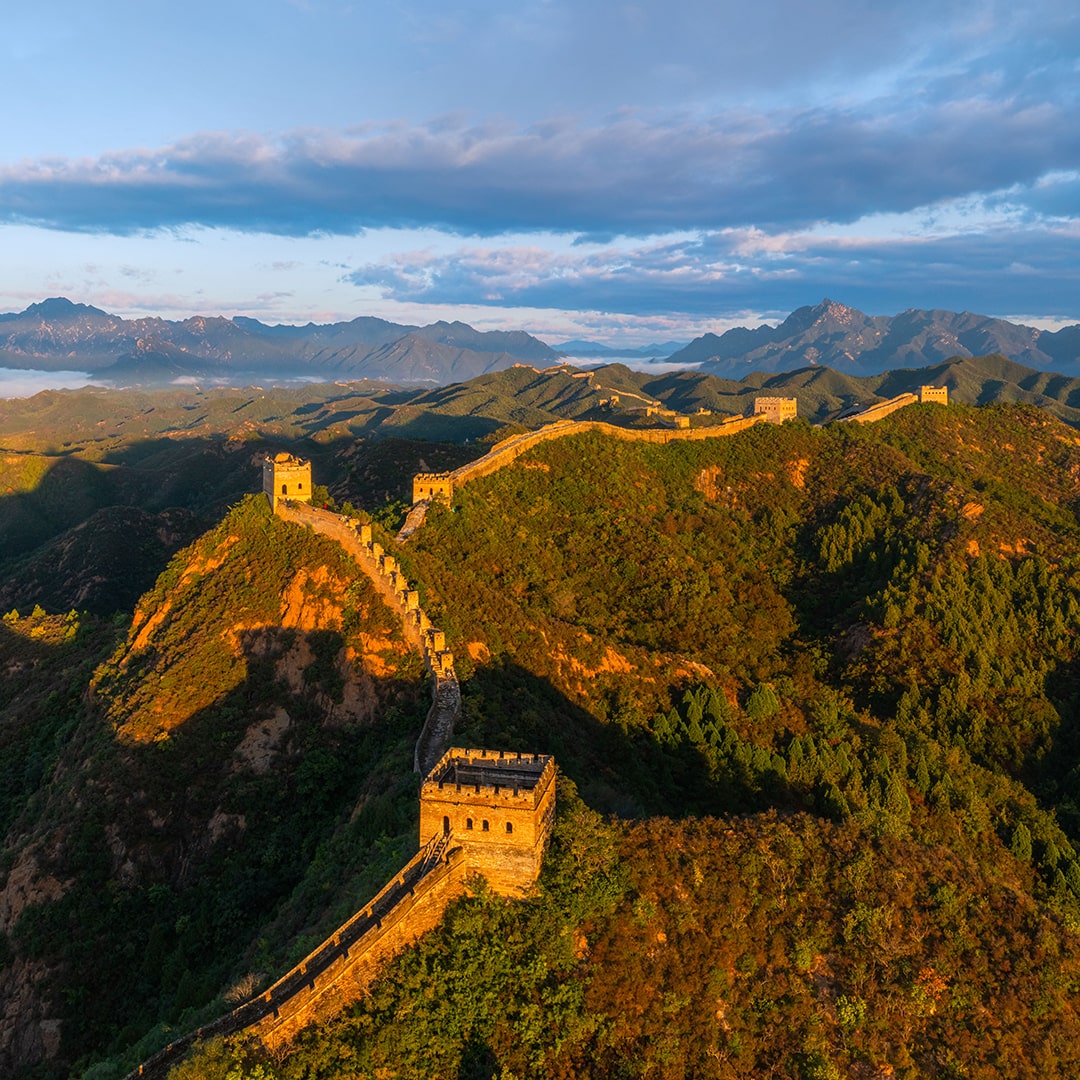



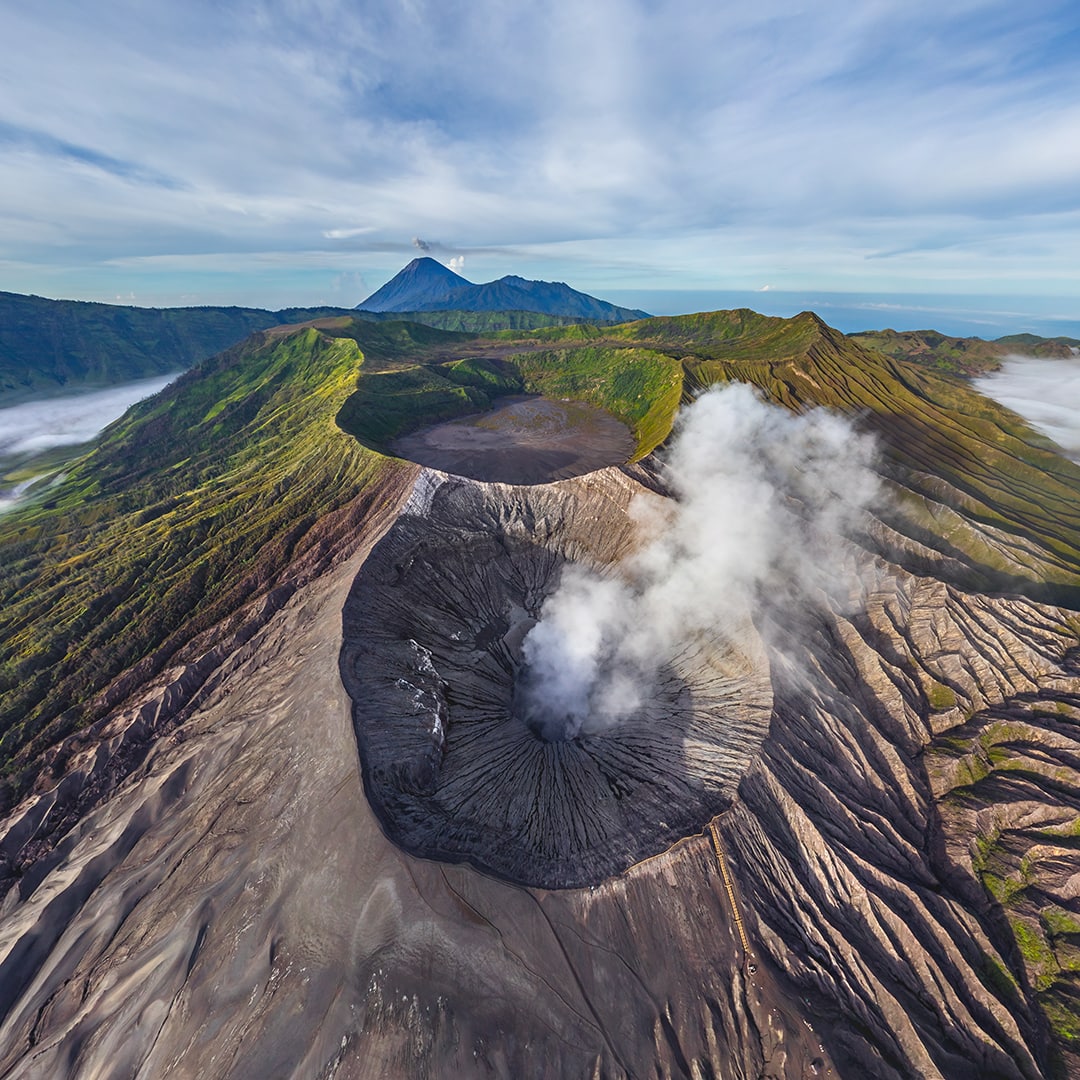

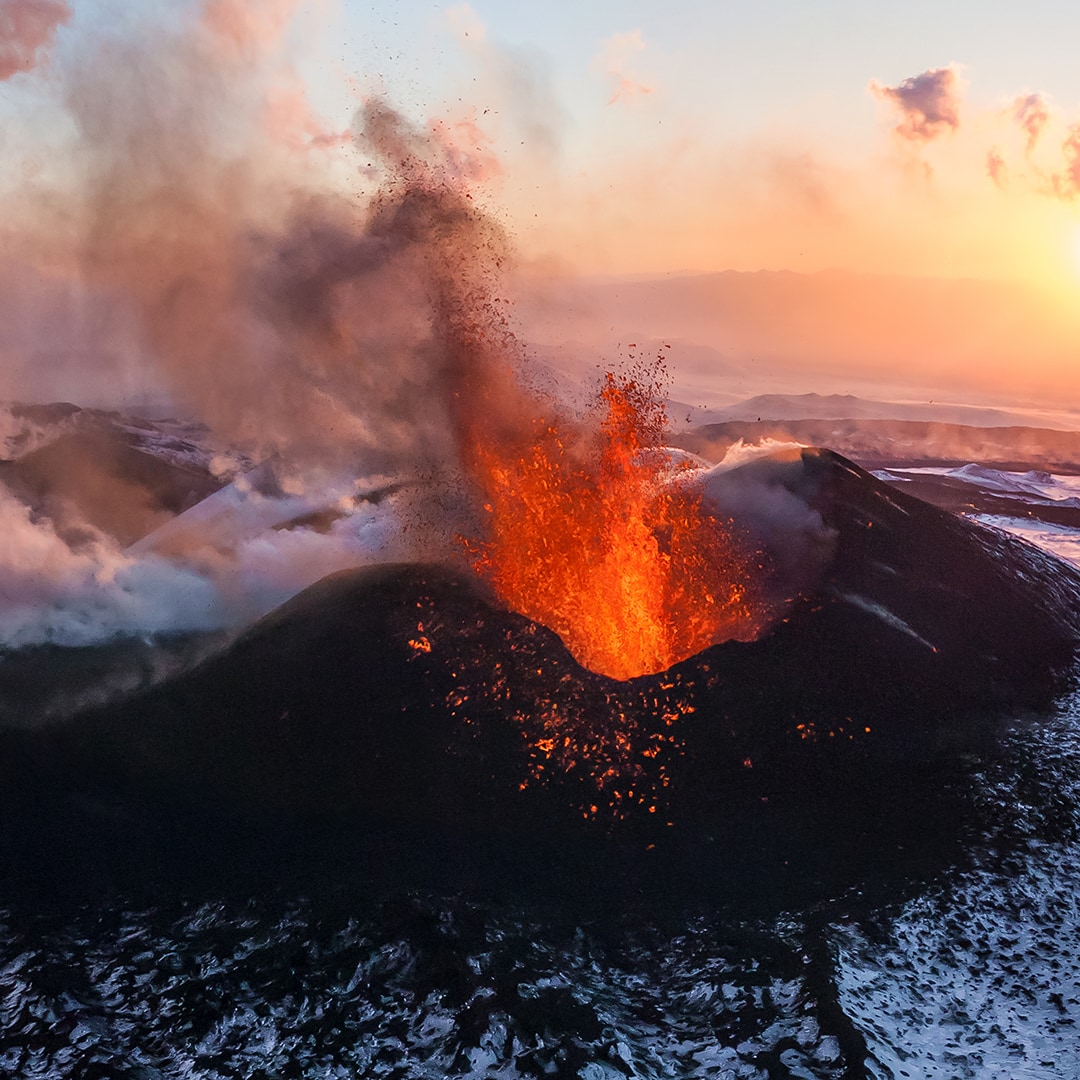



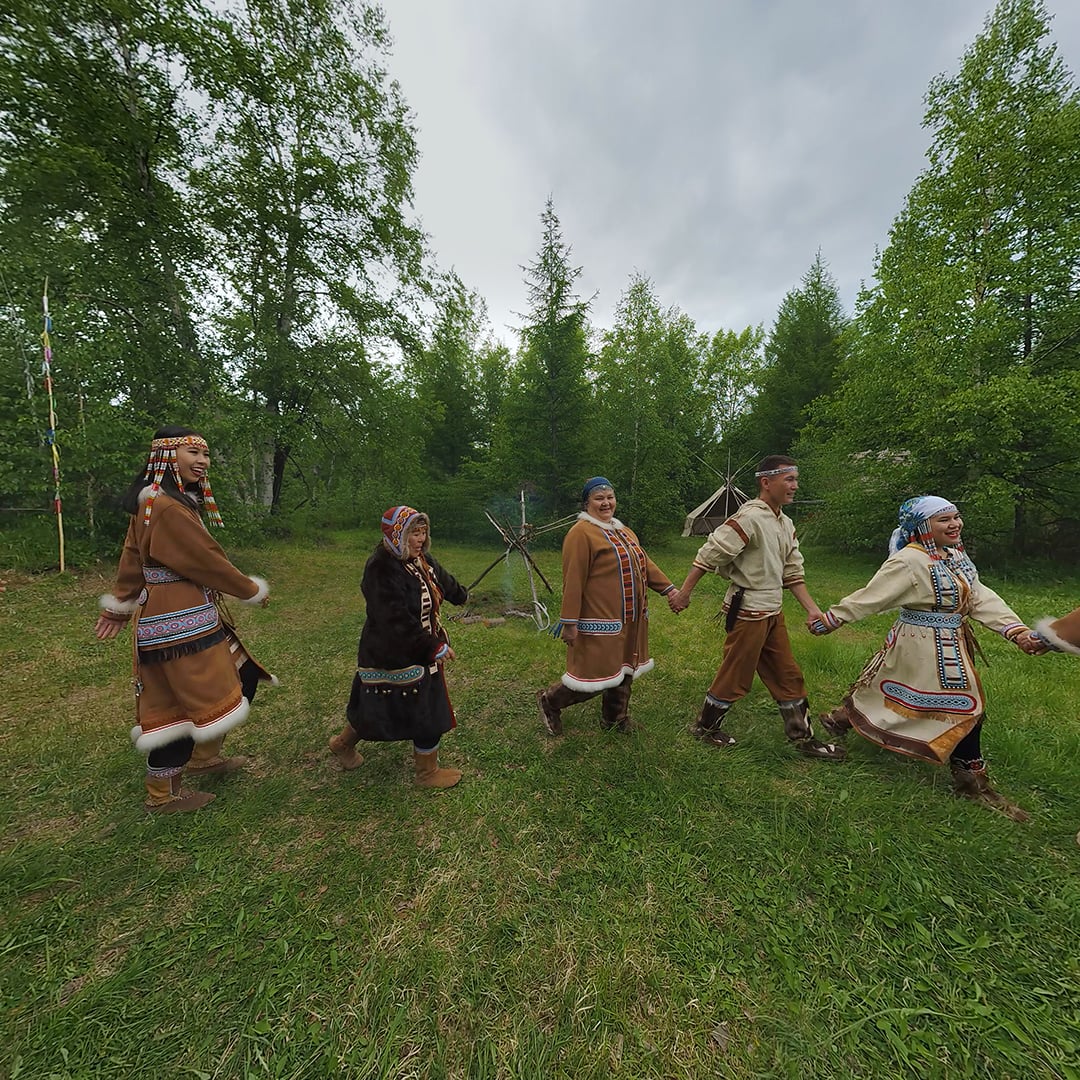
Virtual Travels in 360°
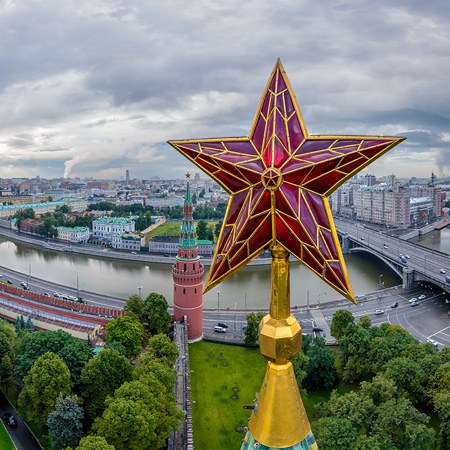 Bird's Eye View of the Moscow Kremlin
Bird's Eye View of the Moscow Kremlin
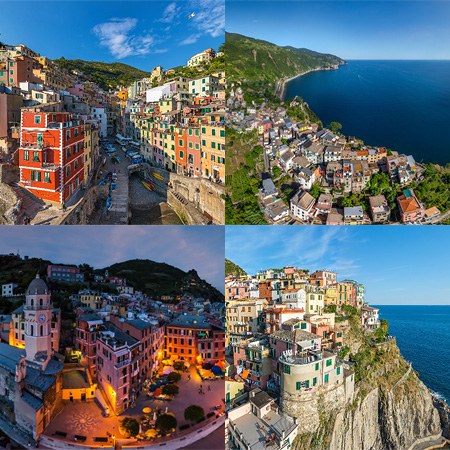 Cinque Terre, Italy
Cinque Terre, Italy
 Grand tour of Manhattan, New York, USA
Grand tour of Manhattan, New York, USA
 Lake Hibara, Japan
Lake Hibara, Japan
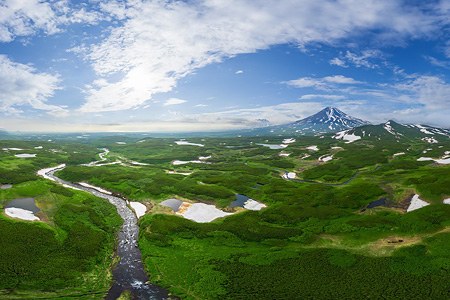 Kambalnaya River. Part I
Kambalnaya River. Part I
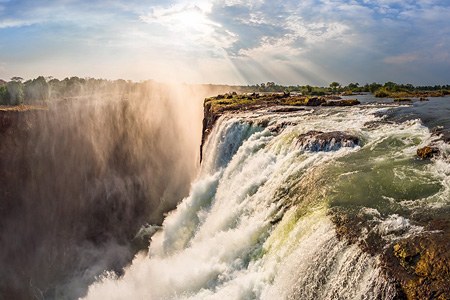 Victoria Falls. The Biggest Waterfall of Africa
Victoria Falls. The Biggest Waterfall of Africa
 The Golden Ring of Russia Air Balloon festival. Part I
The Golden Ring of Russia Air Balloon festival. Part I
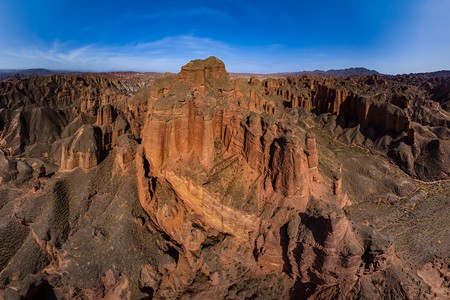 Binggou Danxia Geopark, China
Binggou Danxia Geopark, China
Show more



